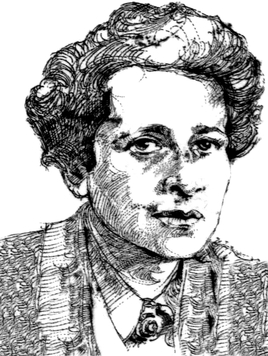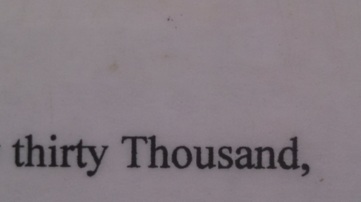 Hannah Arendt, American
Hannah Arendt, American The Human Condition
Action, section 28: Power and the Space of Appearance
Pages 199-200
“That civilizations can rise and fall, that mighty empires and great cultures can decline and pass away without external catastrophes – and more often than not such external ‘causes’ are preceded by a less visible internal decay that invites disaster – is due to this peculiarity of the public realm, which, because it ultimately resides on action and speech, never altogether loses its potential character. What first undermines and then kills political communities is loss of power and final impotence; and power cannot be stored up and kept in reserve for emergencies, like the instruments of violence, but exists only in its actualization. Where power is not actualized, it passes away, and history is full of examples that the greatest material riches cannot compensate for this loss. Power is actualized only where word and deed have not parted company, where words are not empty and deeds not brutal, where words are not used to veil intentions but to disclose realities, and deeds are not used to violate and destroy but to establish relations and create new realities.”
*Next Up: A phenomena pamphlet, What if Vietnam Never Happened? Foresight and Hindsight in Graham Greene’s The Quiet American, on Friday 11 November.
Posted by Bryan W. Brickner

 RSS Feed
RSS Feed
